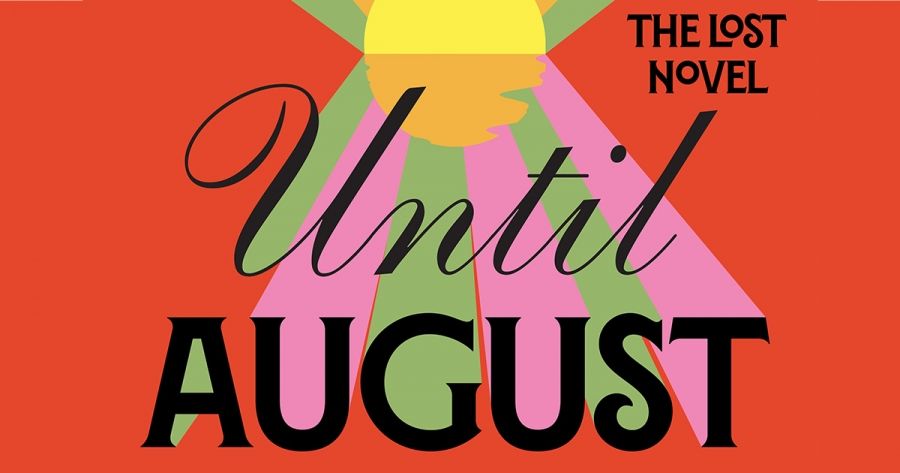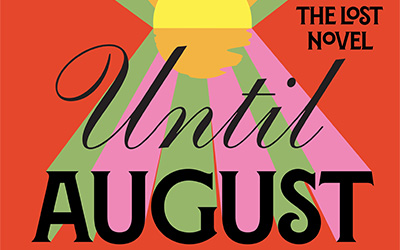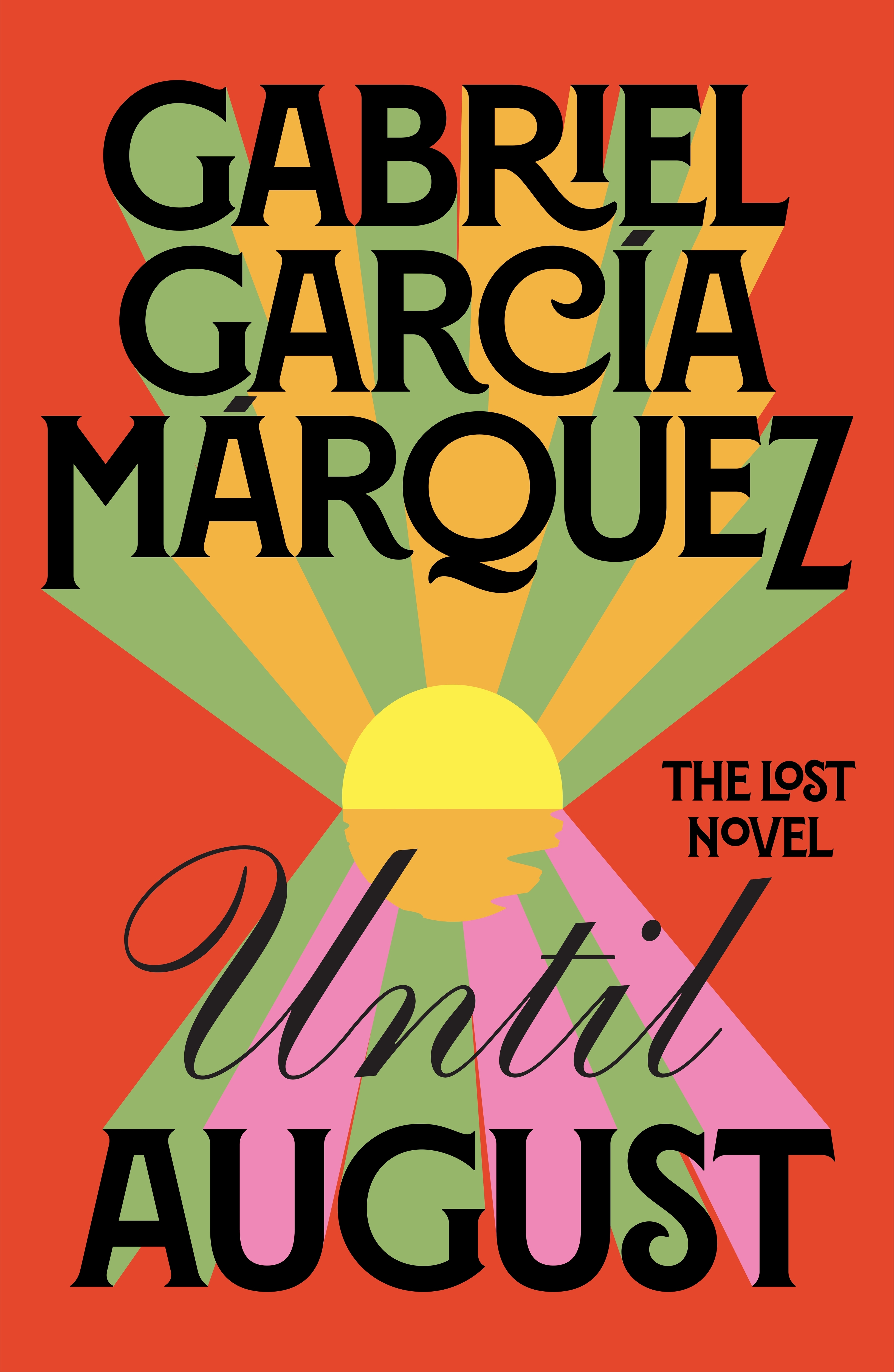
- Free Article: No
- Contents Category: Fiction
- Review Article: Yes
- Article Title: Gabo was right
- Article Subtitle: A posthumous appendix to García Márquez’s oeuvre
- Online Only: No
- Custom Highlight Text:
In Gabriel García Márquez’s most famous novel, One Hundred Years of Solitude (1967), Colonel Aureliano Buendía twice requests that his poetry be destroyed – first when he is in prison, preparing to face the firing squad. He hands his mother a roll of sweat-stained poems and instructs her to burn them. ‘Promise me that no one will read them,’ he says. His mother promises, but does not burn the poems. Years later, as a different family member is about to light the oven, the colonel hands her the same roll of yellowed papers. ‘Light it with this,’ he says. When she refuses, the colonel feeds the poems to the fire himself.
- Featured Image (400px * 250px):

- Alt Tag (Featured Image): Alice Whitmore reviews ‘Until August’ by Gabriel García Márquez and translated by Anne McLean
- Book 1 Title: Until August
- Book 1 Biblio: Viking, $35 hb, 129 pp
- Book 1 Cover Small (400 x 600):

- Book 1 Cover (800 x 1200):

If there is a lesson here, it was not heeded in the case of Until August, a posthumous work its author explicitly stated he didn’t want us to read. García Márquez – or Gabo, as he is affectionately known – died in 2014 after many years of illness. In March 1999, the year in which he was diagnosed with lymphatic cancer, the Nobel laureate announced that he was working on a new book; the first chapter was promptly published in the Spanish newspaper El País under the title ‘En agosto nos vemos’, followed later that same year by Edith Grossman’s translation (titled ‘Meeting in August’) for The New Yorker. But the book never appeared.
A few years after his cancer diagnosis, Gabo was diagnosed with dementia. He revised the manuscript many times during the final years of his writing life, as his memory and lucidity failed, but was unable to complete it to his satisfaction. In the brief apologia that serves as the book’s preface, Gabo’s sons admit that their father didn’t want Until August to be published. His final verdict, transcribed and translated for the readers he didn’t want this book to have, serves as a bitter prelude: ‘This book doesn’t work. It must be destroyed.’ Nevertheless, ten years after his death, on what would have been García Márquez’s ninety-seventh birthday, it was published.
Despite the heroic paratextual efforts of his editor and heirs to justify this decision, the words that echo loudest at the close of Until August are those of the author himself. Gabo was right: this book doesn’t work. Its contradictions and infelicities are glaring: the translator, Anne McLean, has resisted polishing them away, allowing them to bristle in English just as they do in the original Spanish. Certainly, this is far from García Márquez’s best work. Whether it should or should not have been published is not for me to decide. All things considered, many readers will be grateful that it was. When an author is as beloved as Gabo, everything they touched has the glow of genius. Even the discards of a master are worth something.
Until August is a slender novel – a novella, really – centred on forty-six-year-old Ana Magdalena Bach and her ritual visits to an unnamed Caribbean island. Every August, on the anniversary of her mother’s death, Ana Magdalena travels to the island to clean the marble headstone at her mother’s grave and lay a bouquet of gladioli. She stays overnight in a hotel, then departs on the morning ferry. At the beginning of the book, she has been performing this mundane ceremony for eight years, with little variation: ‘at the same time, with the same taxi and the same florist’. Then one year, for no particular reason, buoyed by ‘the sacred mixture of music and gin’, she surprises herself by flirting with a man in the hotel bar after dinner and inviting him up to her room. The act of betrayal awakens something in her. She decides to repeat it the following year with a different man, inaugurating a new tradition that leaves its inevitable mark on her life and marriage.
The simple premise is more suited to a short story than a novel, and this seems to be how García Márquez first envisioned it: in the extensive Editor’s Note that concludes both the Spanish and English editions of Until August, Cristóbal Pera writes that, when he started writing the book back in 1999, Gabo intended it to comprise ‘five autonomous tales with the same protagonist’. Five years and as many drafts later, Gabo still had not managed to resolve the problem of turning those five distinct stories into a cohesive whole. His frustration shows in the novella’s incongruities, repetitions, and lacunae. Most of the characters, and particularly Ana Magdalena, feel underdeveloped, their inner worlds hinted at rather than explored in any depth. Worse: many of the physical descriptions of Ana Magdalena verge on the cringeworthy. (By the third page, before we have even learned her name, we are made to watch as she appraises her own naked breasts in the mirror, ‘still round and high in spite of two pregnancies’.) The effect is one of objectification rather than interiority. In contrast, the book’s liveliest character portrait is a two-and-a-half-page description of Ana Magdalena’s husband Doménico, a musician and conservatory director with charisma and talent in spades. Next to him, our protagonist seems rather dull – but not in a way that piques our interest or triggers any kind of meaningful character development.
Still, Until August does provide glimpses of Gabo’s customary brilliance: in the easy flow of the narrative, the eye for detail and description, the way his attention wanders like a butterfly from character to character, meticulous but fleeting. The ending isn’t flawless, but it is satisfying enough, closing the story with a neat twist that reminded me, in ways, of some of Gabo’s earlier and better executed works. Until August is perhaps best considered as a kind of appendix to such works. They, not this, are where readers will find the wealth of genius and novelty that cemented Gabo’s monumental status in world literature.


Comments powered by CComment